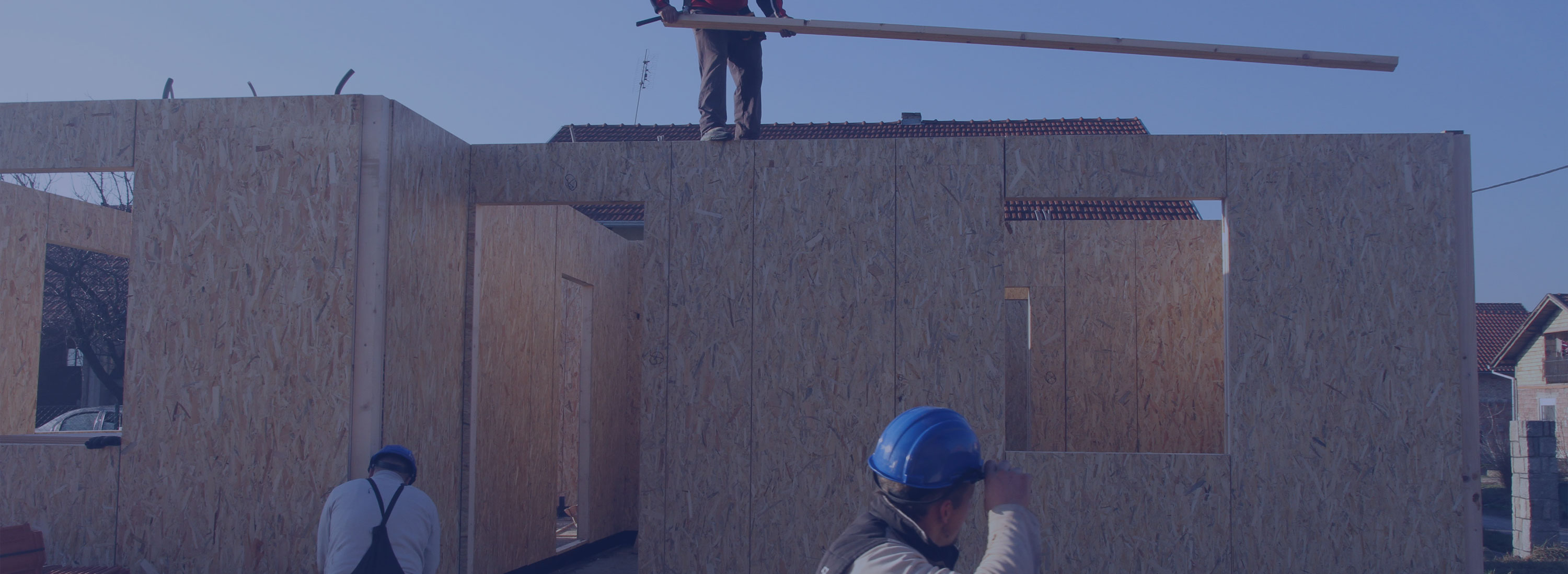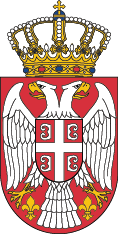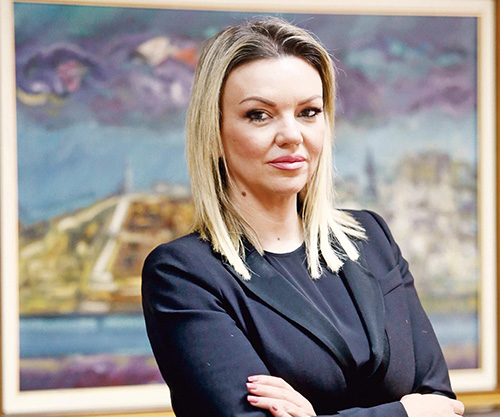
December 2023 figures
OVERVIEW
Upon the break-up of the Socialist Federal Republic of Yugoslavia in the 1990s, the Republic of Serbia gave refuge to nearly 618 000 refugees from Bosnia and Herzegovina and Croatia. It was one of the largest exoduses since World War Two. There are approximately 25 000 refugees living in Serbia today, with the decrease in number resulting from their integration within the country. While the majority of refugees opted to stay and permanently settle in Serbia after acquiring citizenship, a small number returned, and the remainder decided to move to other countries.
During all these years, the Republic of Serbia has been providing housing for the most-vulnerable refugee families in a concerted manner, financed from budget and donor funds. However, the funds available were disproportionate to the substantial needs. Serbia therefore played an important role in promoting a regional initiative, together with Bosnia and Herzegovina, Croatia and Montenegro, that resulted in the establishment of the Regional Housing Programme (RHP), with the objective of providing durable housing solutions to vulnerable refugees and internally displaced persons remaining from the 1991‐1995 displacement in the region, including IDPs in Montenegro from 1999, either in their places of origin or of displacement. The RHP came to a successful conclusion in 2023, having provided secure homes to 7 495 families ( 24.056 persons) across Serbia.
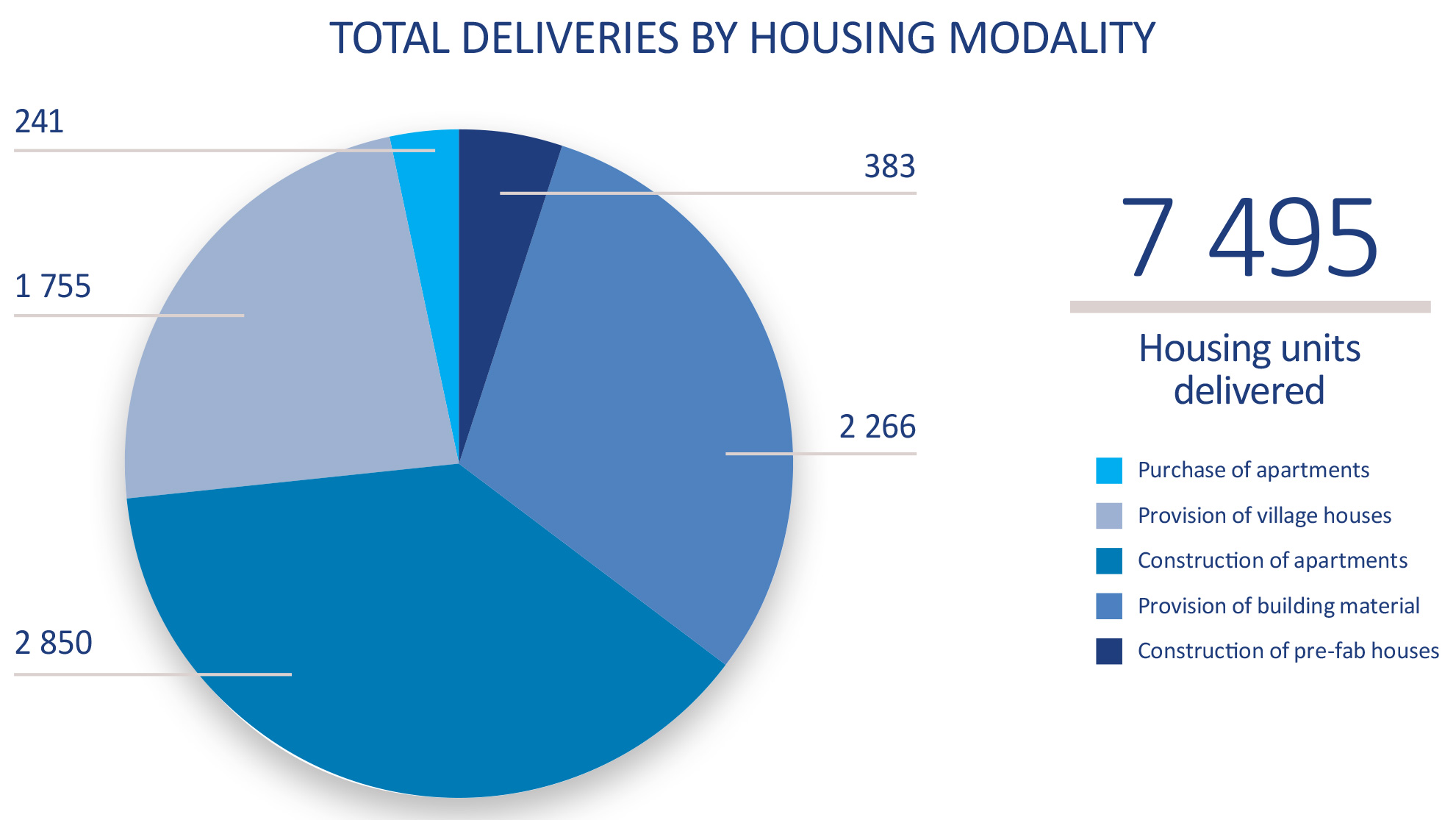
December 2023 figures
SUB-PROJECTS IN SERBIA
 Sub-project SRB1
Sub-project SRB1
Provision of 64 prefabricated houses and 128 building material packages for 192 households
 Sub-project SRB2
Sub-project SRB2
Support to 898 refugee families through four housing modalities
 Sub-project SRB3
Sub-project SRB3
Support to 792 refugee families through four housing modalities
 Sub-project SRB4
Sub-project SRB4
Support to 1 344 refugee families through four housing modalities
 Sub-project SRB5
Sub-project SRB5
Support to 1 862 refugee families through three housing modalities
 Sub-project SRB7
Sub-project SRB7
Provision of 493 housing solutions for beneficiaries selected under sub-projects SRB2, SRB4 and SRB5, and the design of 708 apartments
 Sub-project SRB8
Sub-project SRB8
Provision of 850 housing solutions through four housing modalities
 Sub-project SRB9
Sub-project SRB9
Provision of 1 064 housing solutions through five housing modalities
 Serbia Factsheet - December 2023
Serbia Factsheet - December 2023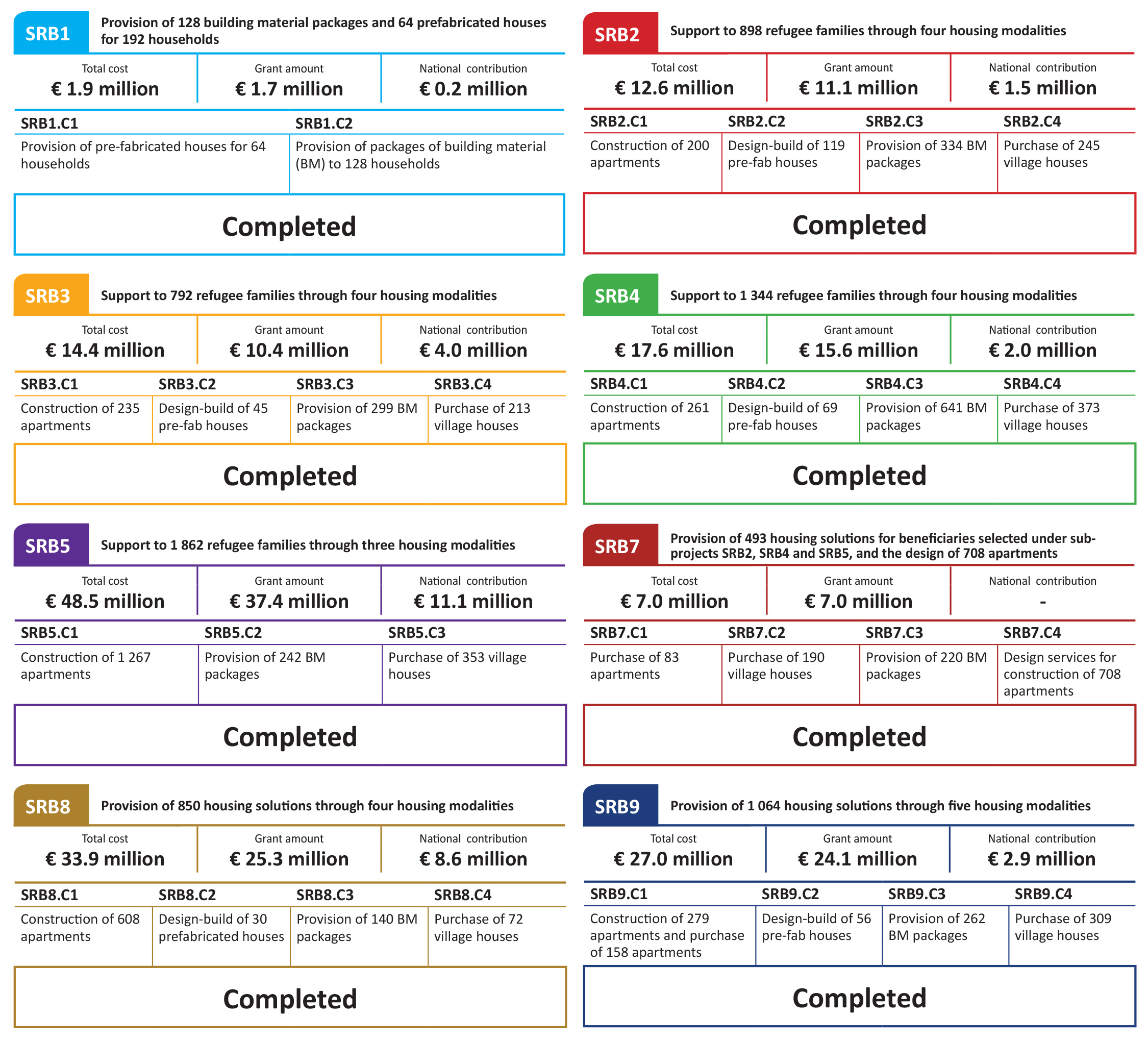
December 2023 figures
IMPLEMENTING STRUCTURE
LEAD INSTITUTION
SERBIAN COMMISSARIAT FOR
REFUGEES AND MIGRATION (KIRS)
With regard to the RHP, KIRS was responsible for preparation of project proposals and their submission to the CEB, selection of beneficiaries and subsequent signature of contracts with selected beneficiaries, conclusion of agreements with municipalities in projects where municipalities hold significant responsibilities (provision of land, infrastructure, permits etc.), and submission of procurement plans and monitoring reports to the CEB.
PROJECT IMPLEMENTATION UNIT
PUBLIC SECTOR PROJECTS
IMPLEMENTATION UNIT LTD. BELGRADE
The PIU provided assistance to KIRS and carried out activities such as establishing a procurement and contract monitoring system, concluding agreements with municipalities, developing procurement plans, developing tender dossiers and conducting procurement, carrying out architectural and technical activities and providing technical consulting, as well as developing and managing grant schemes. It was also in charge of financial aspects and payments to contractors, etc.
CONTACTS
Commissariat for Refugees and Migration
of the Republic of Serbia
Public Sector Projects
Implementation Unit Ltd. Belgrade

